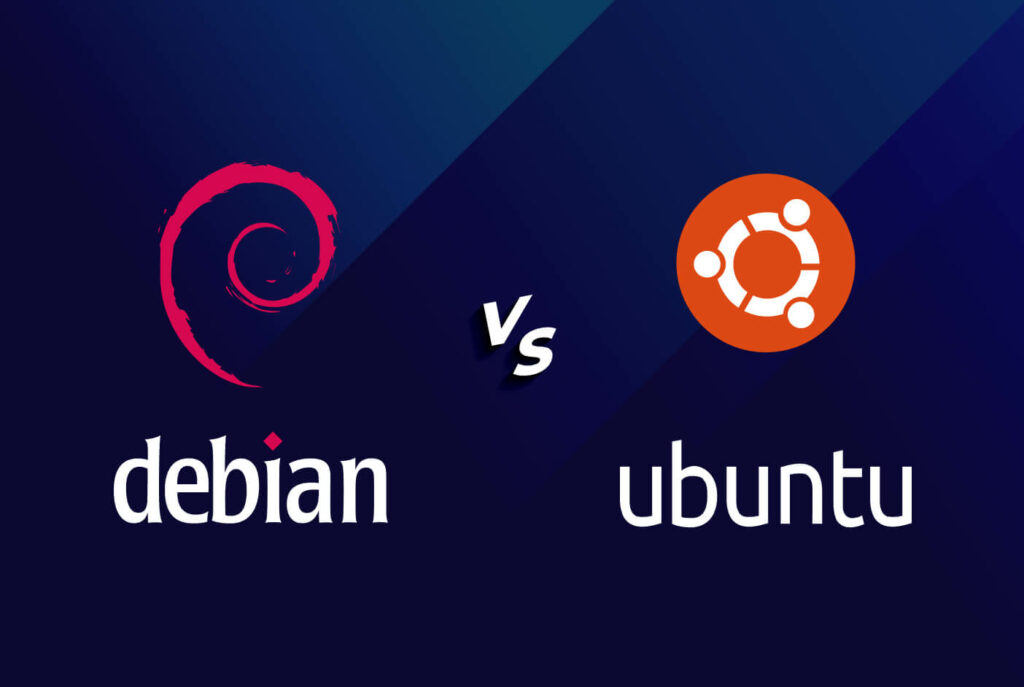Debian vs. PureOS: Privacy and Security Showdown

In the realm of open-source operating systems, Debian and PureOS stand as stalwarts of privacy and security. Both distributions prioritize user protection, offering a range of features and policies to safeguard against potential threats. However, delve deeper, and subtle differences emerge, shaping the suitability of each distribution for specific privacy-conscious users.

Debian: A Pillar of Stability and Security

Debian boasts a reputation as a stable and secure operating system, renowned for its rigorous package management and security updates. It employs an “upstream-first” approach, prioritizing the inclusion of upstream security patches to address vulnerabilities promptly. Additionally, Debian’s conservative approach to software integration ensures that only well-maintained and vetted packages are available in its repositories.
PureOS: Privacy by Design
PureOS, a derivative of Debian, takes privacy and security a step further. Its design philosophy revolves around the concept of “privacy by design,” incorporating privacy-centric features as integral components. PureOS employs a hardened kernel, enhanced by additional security measures, such as SELinux (Security-Enhanced Linux), to mitigate potential exploits. It also utilizes the Tor network to anonymize user traffic and protect against tracking.
Package Management and Third-Party Software
In terms of package management, Debian provides access to a vast repository of software packages, offering flexibility and versatility. Users can install additional software from various sources, including Debian’s official repositories and third-party software repositories (PPAs). While this approach enhances functionality, it also introduces a potential risk of installing untrustworthy software.
PureOS, on the other hand, maintains a more controlled software environment. Its repository contains only privacy-respecting software, adhering to strict guidelines. This approach limits the availability of certain software commonly found in Debian, but it significantly reduces the risk of installing potentially malicious software.
User Experience and Customization
Debian provides a highly customizable user experience, empowering users to tailor their system to their specific preferences. It offers various desktop environments and window managers, allowing users to choose the interface that best suits their needs. Debian’s wide software repository ensures that users can install additional applications and utilities to enhance their system’s functionality.
PureOS places a premium on ease of use and privacy rather than extreme customization. It employs the GNOME desktop environment with a modified interface designed to simplify user interactions and enhance privacy. While the level of customization is more limited than Debian, PureOS provides essential functionality and security features out of the box.
Community and Support
Debian benefits from a large and active community, providing extensive documentation, support forums, and package maintenance. Its long-standing history has fostered a vast knowledge base, accessible through online resources and local user groups. Users can tap into the collective wisdom of the Debian community to troubleshoot issues and find solutions.
PureOS maintains a smaller but dedicated community centered around privacy and security. It offers support through official forums and a smaller collection of resources compared to Debian. However, users benefit from engaging with a community that shares their privacy-focused values and is actively contributing to PureOS’s development.
Conclusion
Debian and PureOS represent distinct approaches to privacy and security in the open-source operating system landscape. Debian caters to users seeking stability and versatility, offering a vast software repository and a highly customizable environment. PureOS, on the other hand, embodies privacy by design, providing a more controlled software ecosystem and enhanced security measures.
Ultimately, the choice between Debian and PureOS hinges on individual priorities. Users prioritizing absolute customization and a broad software selection may prefer Debian’s flexibility. Those emphasizing out-of-the-box privacy and a more streamlined experience may find solace in PureOS’s privacy-centric approach.

This was a very informative article. I’m glad I found it.
I’m not sure I believe everything I read in this article. Debian is a very popular operating system, and I don’t think it’s as insecure as the article makes it out to be.
I’ve used both Debian and PureOS, and I can say that PureOS is definitely more privacy-focused. It has a lot of features that Debian doesn’t, such as a hardened kernel and a privacy-focused browser.
I disagree with the article’s conclusion that PureOS is the better choice for privacy and security. Debian is a more stable and secure operating system, and it has a larger community of users and developers.
So, Debian is more secure, but PureOS is more privacy-focused. That’s like saying that a car is faster, but a bicycle is more environmentally friendly.
Oh, wow, a new article on Debian vs. PureOS. How original.
I’m not sure which operating system is better, but I do know that I’m hungry. Can someone recommend a good restaurant?
I’m interested in learning more about privacy and security. Can you recommend any good resources?
I wonder if there are any other privacy-focused operating systems out there besides Debian and PureOS.
I’m not sure I trust the author of this article. They seem to be biased towards PureOS.